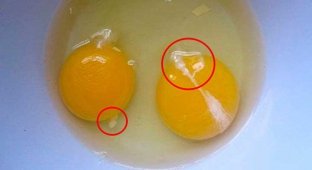Experts have dispelled the myth about the dangers of watermelon seeds (4 photos)
Who hasn't heard the story that if you eat a watermelon seed, then it will grow in the stomach. Of course, few people believe this these days. However, many people are concerned about whether the seeds of the striped berry are harmful. 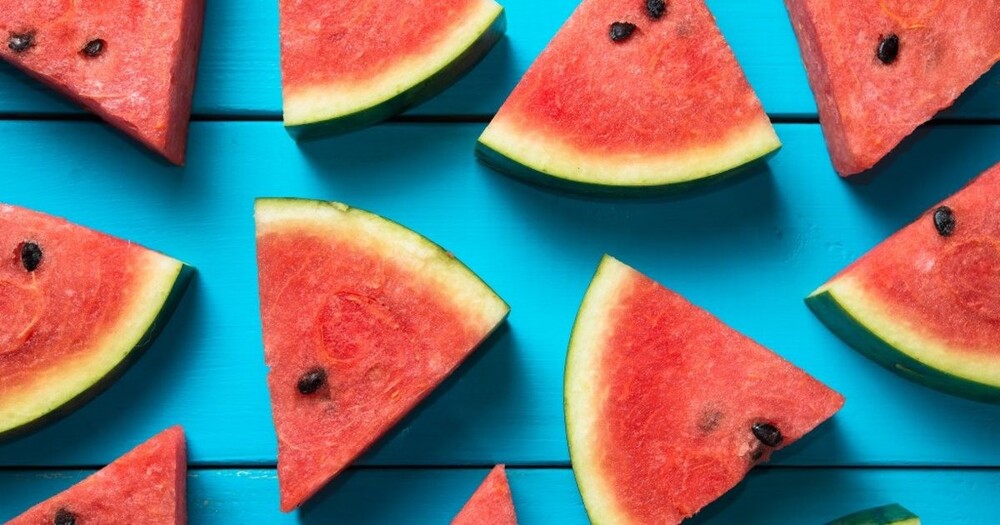
Research shows that watermelon has many beneficial properties: it can relieve muscle pain, improve skin condition and even reduce the risk of cancer.
Experts, including dietitian Lauren Manaker, said that the seeds are not only safe, but also rich in nutrients substances. 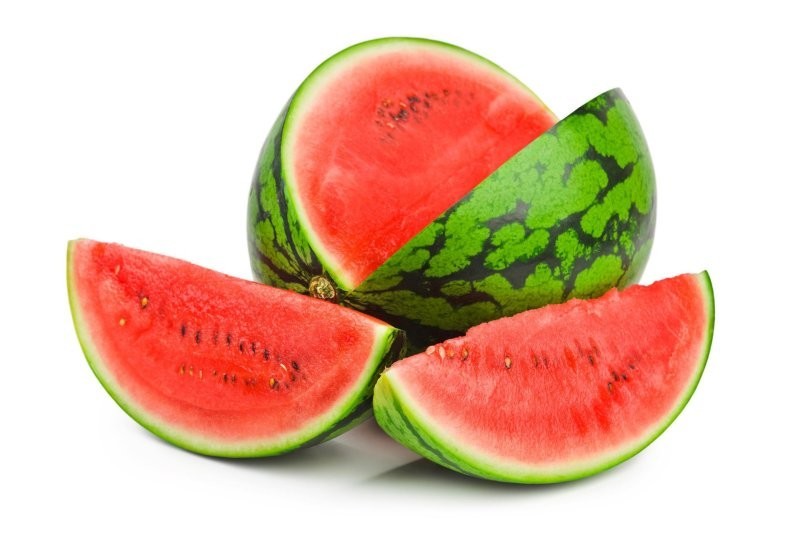
"Watermelon seeds are a natural source of manganese, phosphorus, potassium, protein, folate, essential fatty acids, iron and zinc, - says Manaker. - These nutrients, manganese for example, contribute to the proper functioning of the brain and nervous system, and phosphorus strengthens bones and improves digestion."
According to Professor Christina Meyer-Jax from Northwestern Medical University of Minnesota, the fruit contains "essential antioxidants that help prevent disease and general good health." 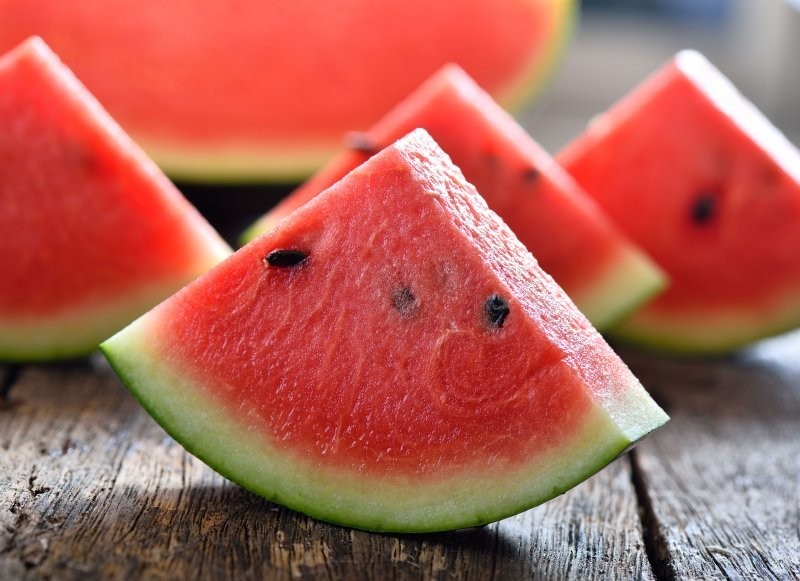
Black seeds are good to eat, but they don't have much taste, and they are much more difficult to chew than the immature white seeds in "seedless" watermelons
Nutritionist Tammy Lakatos Shames says: "Both whites and blacks the seeds are safe. However, the black ones spit them out because they are difficult chew, and they interfere with eating the watermelon pulp." 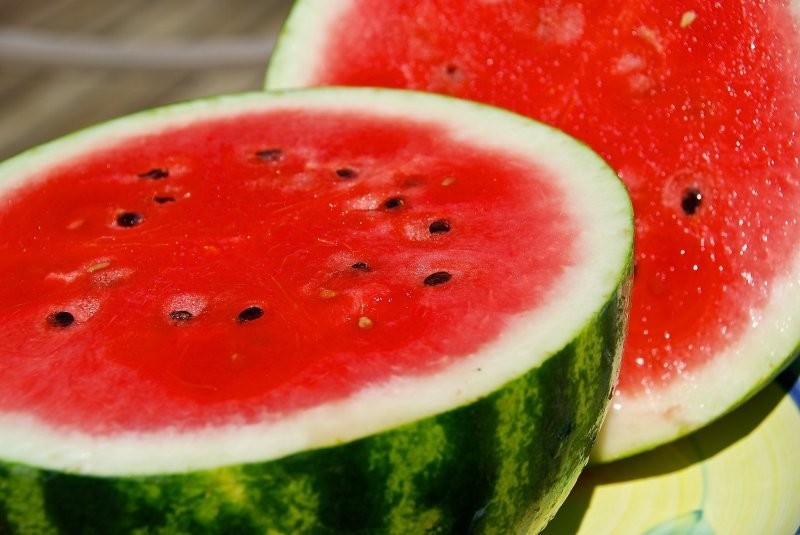
Once roasted, watermelon seeds resemble pumpkin seeds and are a healthy snack.
The magnesium contained in this product plays a key role in functioning of the nervous system and maintaining stable blood pressure. A fatty acids reduce cholesterol levels and the risk of heart attack or stroke.












